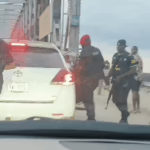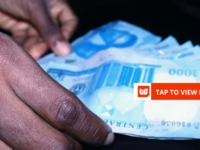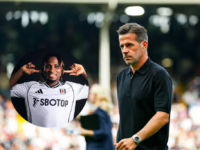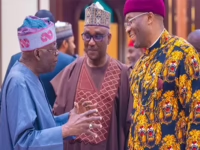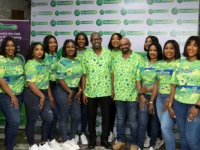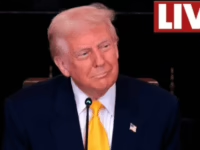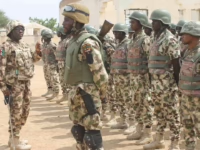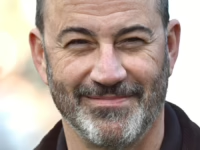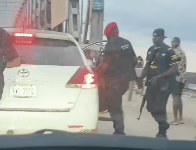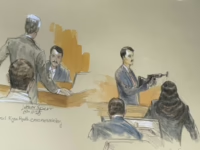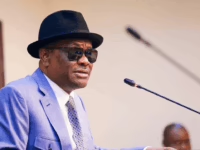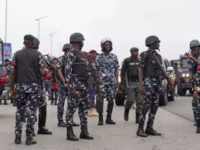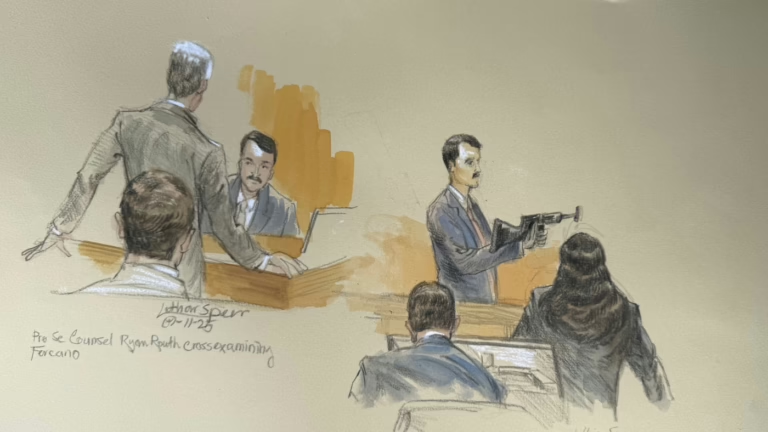This courtroom illustration depicts Secret Service agent Robert Fercano presenting the firearm discovered in the bushes during opening statements on September 11, 2025, in the trial of Ryan Routh, accused of attempting to assassinate Donald Trump last year at a West Palm Beach, Florida golf course.
Lothar Speer/AP
hide caption
toggle caption
Lothar Speer/AP
FORT PIERCE, Fla. – After only a brief defense phase and presenting three witnesses, Ryan Routh, charged with the attempted assassination of Donald Trump last year, concluded his case on Monday.
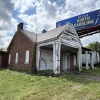
Federal prosecutors concluded their presentation last Friday after a week-long trial featuring 38 witnesses who testified about Routh’s alleged plot to assassinate the then-presidential candidate while he was golfing at his West Palm Beach club on September 15, 2024. Routh has denied all five charges against him.
On Monday, Routh called his first witness, Michael McClay, a former Marine sniper with combat experience in Iraq and Afghanistan. Although Routh intended to have McClay testify as a firearms expert, the court limited his questioning to sniper tactics and positioning.
Throughout the morning session, U.S. District Judge Aileen Cannon frequently interrupted Routh, who is representing himself after dismissing his court-appointed attorneys, reminding him to adhere to federal courtroom procedures. Routh maintains his plea of not guilty.
McClay testified that when he test-fired the SKS-style rifle recovered months after Routh’s arrest, the weapon malfunctioned. While the rifle discharged, the second round in the magazine repeatedly jammed. Prosecutors explained this was likely due to acid treatment used by investigators to restore the gun’s obliterated serial numbers.

During his examination of McClay, Routh suggested the assassination attempt might have been planned for the 5th hole on the golf course rather than the 6th hole’s green. He questioned whether using a rifle scope at 375 yards-the distance to the 5th hole-would be more appropriate than at 40 yards, the distance from the alleged sniper’s position to the 6th hole. McClay agreed with this assessment.
When asked if the rifle could accurately hit a target 375 yards away, McClay responded, “Depending on the skill of the shooter, yes.”
Routh also called two former acquaintances from North Carolina to testify about his character, emphasizing his peaceful and non-violent nature. However, his questioning was repeatedly curtailed by the prosecutor’s objections and Judge Cannon’s enforcement of courtroom rules. After several warnings, the judge ended Routh’s examination of these witnesses.
Declining to take the stand himself, Routh rested his defense. The jury is scheduled to hear closing arguments on Tuesday.


